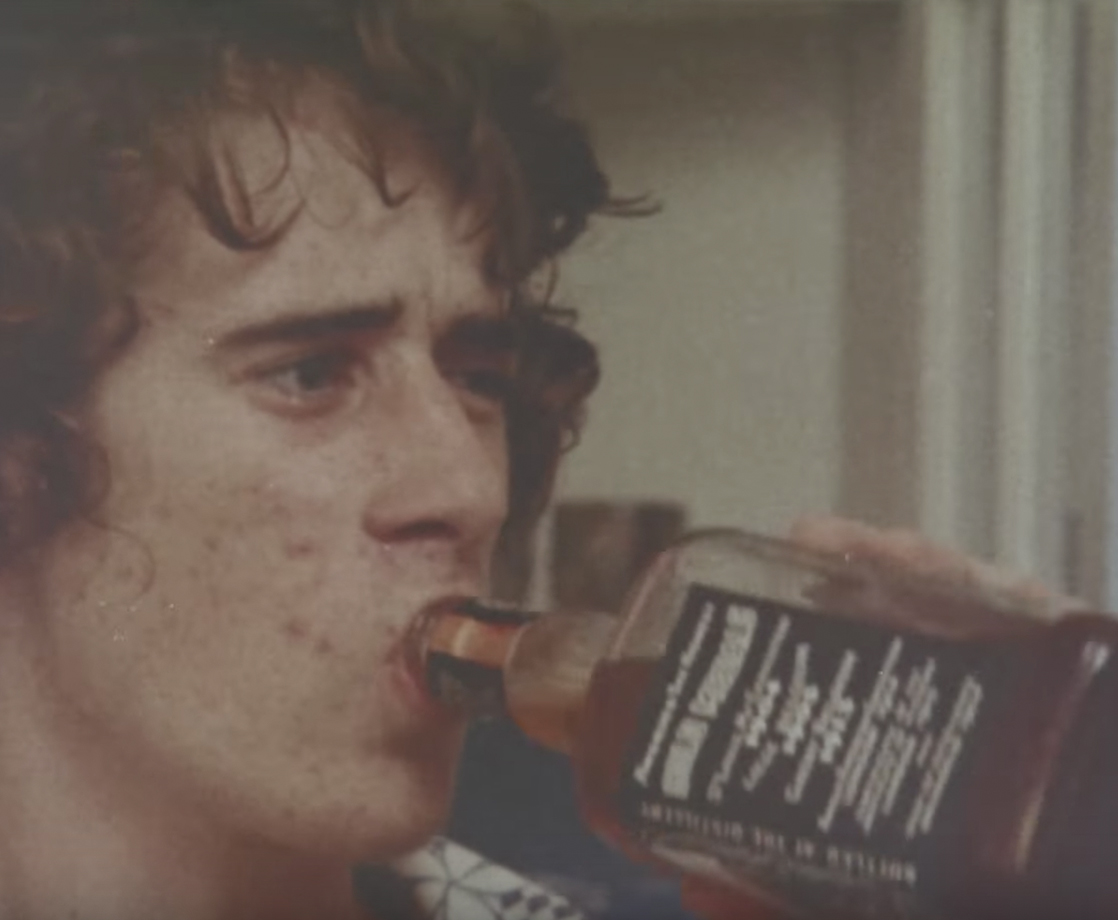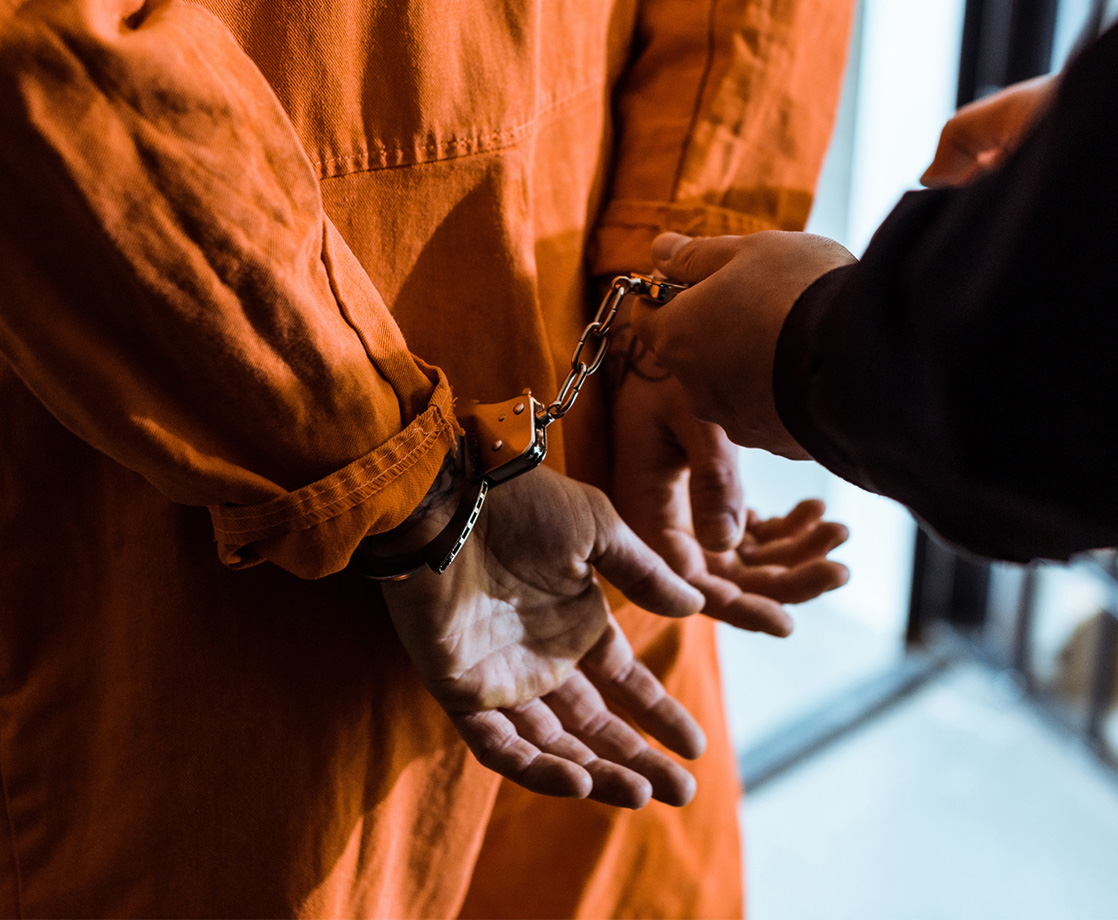The After-School Special has, in the decades since its cultural peak, become a means of soft satire. The tone always feels an octave away from a folk song, plucking along gently while the parents espouse a lesson, their hands gently cupping adolescent knees. Sometimes they talk so softly about the big picture topics that their performed sensitivity literally forces me to have to lean in to hear them. But that's tenderness! The way the conversation spools into a grandstanding lesson is always a hop skip and a jump away from an Ambien, but its softness is precisely what makes them endure in the cultural imagination. They harken back to a Father Knows Best-era of moral properness; the kids are always being pulled out of the fire just in the nick of time.
Meanwhile "The Party's Over," one part of the 1977 government-sponsored educational film series, Jackson Junior High, is less of a lesson and more of a bizarre anecdote, even as it moves with that same softness of the aforementioned After-School standard. The film tells the stories of students at the titular high school as they learn to navigate the precarious edges of teendom.
In "The Party's Over," discussions surrounding drugs and alcohol have bled into the high school's social studies class. The film opens with a teacher discussing the two interchangeably, reminding the students that there "is such a thing as a legal drinking age," which the well-to-do students at this school seem happy about. A discussion begins: Jennifer bellows that she thinks 18 would be a good age to start. Mark thinks 18 is too old — "maybe for hard liquor and wine, or something like that" he says — and that 16 is more than suitable for 16-year-olds. Betty thinks that kids in general are ill-equipped to dabble in drugs and alcohol with moderation. The entire discussion is moderated by the teacher sitting in front of the class, but it's largely lead by the students, making "The Party's Over" one of the few PSA films to be majorly moderated by teens, with little to no adult interjection to speak of.
After class, sixteen-year-old Cookie (yes, that's her name…) is teased at her locker for what seems to be a kind of brown-nosing. She doesn't think kids should be able to drink any younger than the legal drinking age, even while her fellow classmates feel otherwise. When a friend tell her about a party that her classmate Sarah is peer-pressured into throwing, it becomes clear that her lack of invitation is meant as a statement. Cookie and her friend decide to crash, and what follows is two stories meeting up: Sarah is coerced into throwing a rager while her parents are out at a party of their own; Cookie is forced to attend a party she was knowingly not invited to.
The party extends to about ten people total, all of whom are draped over chairs, sofas and along the rug-lined floor as they drink and quietly talk. The mood is jovial and surprisingly calm for a bunch of kids who should be blacked out. "I think she likes it," one kid remarks as he watches a partygoer take their first big sip of a shared bottle (that looks suspiciously like Perrier). It is without a doubt the most respectable bout of rule-breaking captured on film. Superbad, this is not.

Jackson Junior High was sponsored by the Department of Health, Education, and Welfare, and it was designed for students in grades 5-8. The film focuses on alcohol as the siren song of the '70s teenage sect, and all but omits the hierarchy of high school popularity as the motivation for drug and alcohol use. Instead, a genuine youthful curiosity is the most prominent catalyst. The moral panic felt around the film seems to reflect the era's indulgence in youthful indiscretion, with even the parents (seen rarely) managing to finesse a night of heavy drinking.
When we do see Sarah's parents, they're done up to the nines and attending a soiree of their own. Drinks and cigarettes are a-plenty, and the film makes the distinction that the only thing that make one example of unmonitored alcohol use better than the other is the arbitrary parameters set forth by the law. It doesn't say it forthright; a lot of the opening scene gives kids the space to explain, rather rationally, that the 21 years of age limitation seems bizarre considering the legal allowance of, say, a driver's license at 16. That opening is one of the few moments that feel potentially culled together from real-life conversations. The discussion around the rules feel authentically opined by the actors, not the characters. Even if the film's intention isn't to highlight the disparity between age and maturity (the film's ending, with Sarah's parents arriving home early followed by an abrupt cut to the credits, makes it clear that it is not trying to make the point that drinking should be about how old you feel), it still presents an undeniably interesting optic for the youth of the era, even if unintentional.
Age is, of course, nothing but a number, but the narrative of adolescence is peppered with them. The opening of "The Party's Over" makes a point of showing off the kids' ambivalence about what they view to be arbitrary age requirements. The goal of the film is largely to teach kids that the rules are in place for a reason — even if the reason is simply that they'll face punishment if they're not followed — but without meaning to, the film doubles down on the point in that opening scene.

While the Department of Health, Education and Welfare is attempting to translate the laws of the land into a moral lesson instead of simply a legal one (and rather vaguely at that, since literally no one is seen getting into trouble with the law in this PSA), it is undeniable in hindsight to conflate the argument the kids are making with the precarious position they found themselves in, coming of age in the early 1970s.
In January of 1977, President Jimmy Carter made good on a long-standing campaign promise to pardon those who had controversially evaded the Vietnam draft. Carter's pardon was meant to forgive Americans who violated the Military Selective Service Act and expunge their criminal records. For many draft dodgers, the reprehensible and ambiguous motivation to occupy Vietnam was reason enough to avoid serving. But "The Party's Over," released the same year as Carter's pardon, reminds us that the country's relatively arbitrary definitions of adulthood have been the bedrock of generational conflict for some time.
Most can vote or serve in the military before they can legally have a sip of alcohol; PSAs of this kind rarely interrogate the double standard inherent in asking kids to embrace adulthood while still limiting their choices. The parents are seen partying freely, with little to no mention of how they get home, though one can assume the car parked outside a suburban residence wasn't driven to by chauffeur. It's a wise twist that adults rarely factor into the film here, because when they do, however briefly, it does more to illuminate youthful frustration than anything the kids actually say. The only thing that separates the adults' party and the kids' is that one group is legally allowed to partake. In 2017, with drugs and alcohol more readily available and addiction more insidious than ever, reading into a vintage PSA with a meta-criticism about how unfair it is that kids can't drink sooner may seem like it's in poor taste. But placed within the context of 1977 — which saw an entire generation of kids watch their siblings, their classmates, and their friends have their youth ripped away from them, sent abroad against their will to fight in a war that had become the moral line in the sand for an entire era — it illuminates a crippling generational hypocrisy. The adults know what's better for you, the rules are in place for a reason, and they have your best interests at heart…
Follow Rod on Twitter











